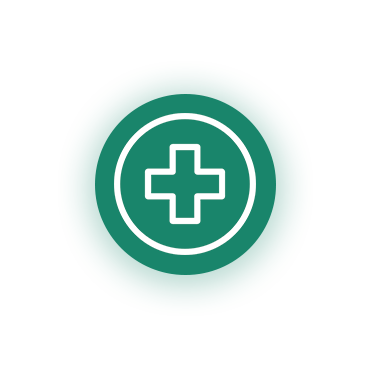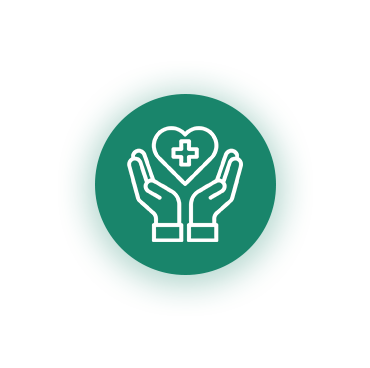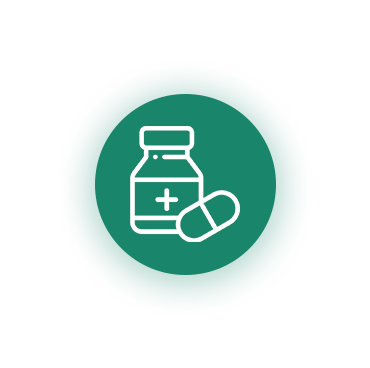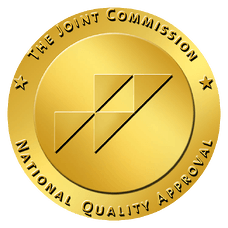Substance Use Disorders
Understanding Addiction's Many Forms
Addiction appears as abuse, dependency, self-medication, and substance misuse, deeply impacting daily life. Those not affected should understand that many want to escape addiction. If quitting were easy, people would do it without hesitation. However, addiction is complex, and individuals often operate in survival mode during chaos. This highlights the need for empathy and support in their recovery journey.
It's Time To Change Your Perspective.
Historically, we have used derogatory and unkind terms to describe individuals battling addiction, often labeling them with words such as drunks, junkies, druggies, potheads, and burnouts. These labels are not only harsh and stigmatizing but also devoid of any semblance of compassion. They fail to capture the complex realities of those who struggle with alcohol or substance use disorders and the myriad ways these individuals perceive themselves and their true identities.
In reality, addiction is a multifaceted issue that affects not just the person struggling, but also their loved ones and the wider community. Many people grappling with addiction often think things like:
- “I don’t associate with that group. Those labels don’t represent who I am – they pertain to others.”
- “I consume alcohol daily, yet I’m completely alright. Truly fine.”
- “I have the pills under control – just two in the evening after dinner to relax, and that’s it. I promise.”
- “I restrict my alcohol intake to the weekends.”
- “I simply use weed to help ease my stress.”
- “I’m hardly as bad as that other individual.”
Symptoms of Addiction
Each person’s journey to addiction is unique, reflecting the multitude of paths that lead to this struggle. While every individual case presents its own challenges, there are specific signs and symptoms that commonly indicate addiction. Recognizing these signs is crucial, as they serve as a signal that action needs to be taken.
**Physical Signs**
- Unexplained accidents or injuries
- Tremors in hands or other parts of the body
- Neglect of personal appearance and hygiene
- Sudden fluctuations in weight
- Slurred or agitated speech
- Clammy hands
- Red, watery eyes
- Dilated pupils
- Poor coordination
- Unusual smells on breath, body, or clothing
- Needle marks on arms, legs, or feet
**Behavioral Signs**
- Emotional instability
- Notable changes in personality
- Decline in work or academic performance
- Increased feelings of anger, resentment, and sensitivity
- Difficulty concentrating
- Inability to honor commitments
- Indifference or lack of interest
- Stealing
- Dishonesty
- Loss of enthusiasm for previously enjoyed hobbies or activities
- Engaging in secretive behavior or concealing items
Still Water on the wildcat and its Continuum of Care services
Our Continuum of Care Process
Treatment Programs
Recovery Programs in Indiana
Discover the ways how we can empower you on your journey to sobriety. Our comprehensive programs, compassionate staff, and evidence-based treatments are tailored to meet your unique needs and support your long-term recovery goals.








